The Swine Health Information Center (SHIC) has posted the first monthly domestic swine disease monitoring report. The report is the result of the veterinary diagnostic lab (VDL) data standardization project SHIC supported. Beginning with monitoring of PEDv, PDCoV, and PRRS, the model describes dynamics of disease detection by pathogen over time, specimen, age group, and geographical space. Additional diseases will be included as the program is refined.
The domestic monitoring report is a SHIC-funded, veterinary diagnostic laboratory collaborative project. An advisory group has been formed to help give context to the data and interpret it. The goal is to aggregate swine diagnostic data from participating reporting VDLs then present it in an intuitive format via shared reports and web dashboards. The report uses data from VDL cases with molecular tests (PCR-based assays and virus genotyping) for these viruses. For this first report, all data was from the Iowa State University Veterinary Diagnostic Laboratory. The University of Minnesota VDL will incorporate their data beginning with the next report.
To implement infectious disease control and management, precise, science-based information is required. By funding this project, SHIC leads the industry toward better swine health information to positively impact the long-term sustainability of pork production. The near real-time information on swine disease made available by this system will enable better, faster, and more effective response to endemic or foreign infectious diseases. The result is a stronger, more vibrant U.S. pork industry.
Funded by America’s pork producers to protect and enhance the health of the US swine herd, the Swine Health Information Center focuses its efforts on prevention, preparedness, and response. As a conduit of information and research, SHIC encourages sharing of its publications and research for the benefit of swine health. Forward, reprint, and quote SHIC material freely. For more information, visit https://www.swinehealth.org or contact Dr. Paul Sundberg at [email protected].
Copyright 2024 | Swinehealth.org | Website by Heartland Marketing Group